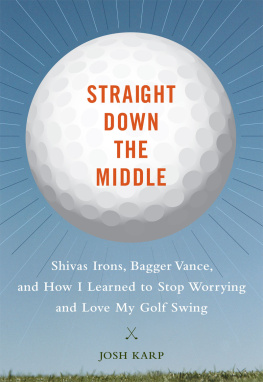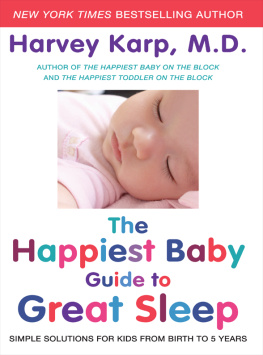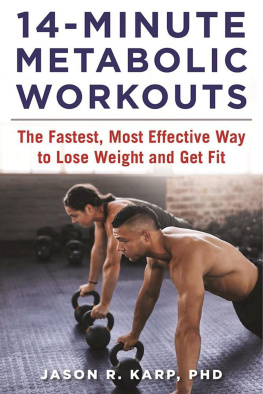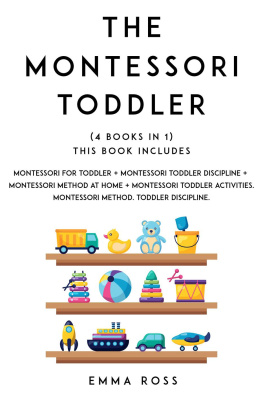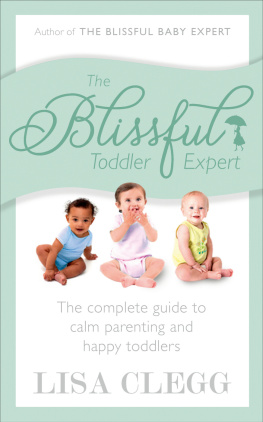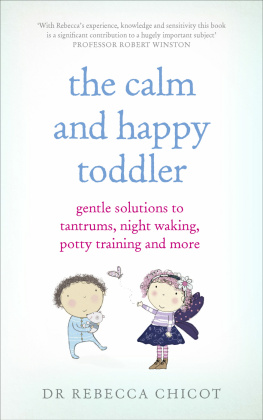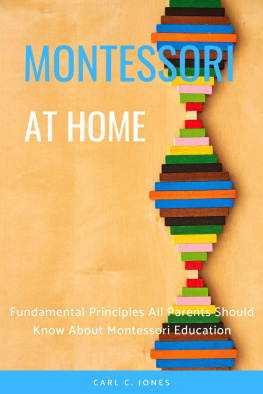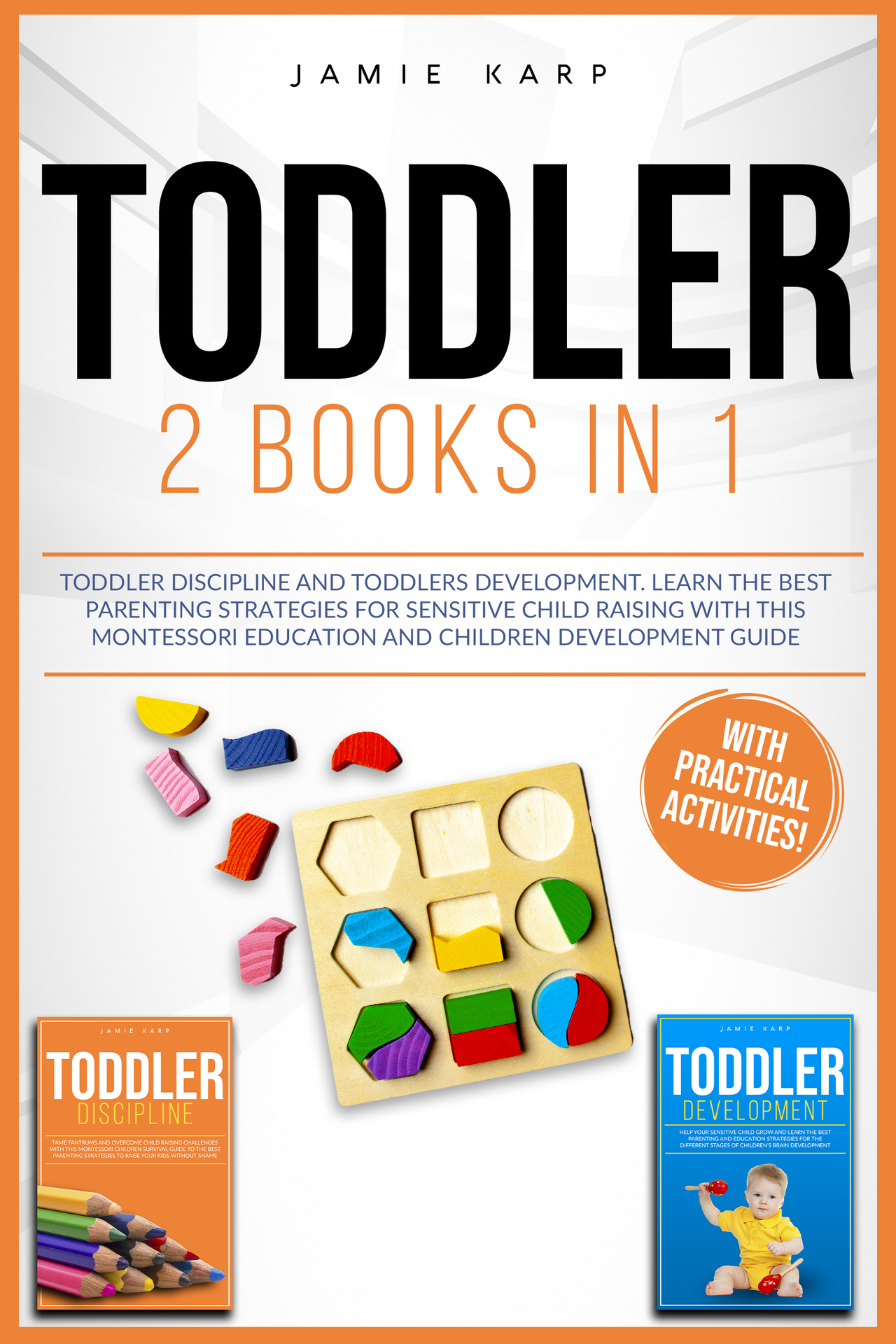TODDLER:
2 BOOKS IN 1:
Toddler Discipline and Toddlers Development. Learn the Best Parenting Strategies for Sensitive Child Raising with this Montessori Education and Children Development Guide
JAMIE KARP
THIS BOOK INCLUDES:
BOOK 1:
Toddler discipline
Tame Tantrums and Overcome Child Raising Challenges With This Montessori Children Survival Guide for the Best Parenting Strategies to Raise Your Kids Without Shame
BOOK 2:
Toddler Development
HELP YOUR SENSITIVE CHILD GROW AND LEARN THE BEST PARENTING AND EDUCATION STRATEGIES FOR THE DIFFERENT STAGES OF CHILDRENS BRAIN DEVELOPMENT
Copyright 2020 - All rights reserved.
The content contained within this book may not be reproduced, duplicated or transmitted without direct written permission from the author or the publisher.
Under no circumstances will any blame or legal responsibility be held against the publisher, or author, for any damages, reparation, or monetary loss due to the information contained within this book. Either directly or indirectly.
Legal Notice:
This book is copyright protected. This book is only for personal use. You cannot amend, distribute, sell, use, quote or paraphrase any part, or the content within this book, without the consent of the author or publisher.
Disclaimer Notice:
Please note the information contained within this document is for educational and entertainment purposes only. All effort has been executed to present accurate, up to date, and reliable, complete information. No warranties of any kind are declared or implied. Readers acknowledge that the author is not engaging in the rendering of legal, financial, medical or professional advice. The content within this book has been derived from various sources. Please consult a licensed professional before attempting any techniques outlined in this book.
By reading this document, the reader agrees that under no circumstances is the author responsible for any losses, direct or indirect, which are incurred as a result of the use of information contained within this document, including, but not limited to, errors, omissions, or inaccuracies.
Toddler discipline
Tame Tantrums and Overcome Child Raising Challenges With This Montessori Children Survival Guide for the Best Parenting Strategies to Raise Your Kids Without Shame
JAMIE KARP
Table of Contents
Introduction
T oddler discipline is not a negative concept, but one filled with the methods to teach your child how to cope, to use the left brain, and work quickly to stop the right-emotional mind from taking control. You learned two scenty strategies, starting with child development knowledge and parental behavior through practical advice and examples to help you deal with specific situations.
Knowing when to discipline your child is very important, and it is essential that you take the time to examine your child before giving them a punishment. Are they just acting out, or is there a deeper reason why they are doing what they are doing?
Here are some times when you need to discipline your child:
When their actions put them in danger: if your child is walking up to a stove and you tell them not to, their instinct is to do it anyways. This could cause them to be injured, and this could put them in danger. The point of discipline is to help them to learn the difference between the right and wrong actions, and you should take steps to discipline if your child continues to do things that put them in danger.
When their actions put others in danger: if your child is covering a babys face with a pillow, playing with matches around big sister and her long hair, or doing something else that could put someone else in danger, this is another time to punish. First you have to explain to them why it is wrong, but once they have been warned you need to follow up on the punishment to help them to avoid hurting others.
When their actions cause harm to someone or something: if they are running around the house, they can smash into something and break it or knock into you can cause you to drop the baby. When their actions have the potential to harm someone or something, it is important that you follow up on any promised discipline in order to help them realize how important it can be.
When they purposely do the opposite of what you tell them: if you tell your toddler, Dont do this, and they immediately do it, that is direct disobedience and they should be disciplined to help them learn to obey. It is important that they learn that obedience is essential, as it can help to save their life or prevent serious harm from coming to them or others.
It is important that you save discipline for the moments when it is really important, and that you dont just go around spanking or punishing your child because they act out. Make sure that the actions are extreme enough to warrant discipline, and that will help you to not spend all your time punishing your child.
You now have the tools in your box to be the parent your tot needs. You can start implementing all the strategies in the various situations when they arise, so you know you are raising a happy, healthy tot with confidence, responsibility, respect, and curiosity intact.
Remember the golden steps to listen, repeat, offer a solution, and correct the behavior over the long term rather than hoping one lesson will do. Your toddler is fantastic and deserves respect in everything you do, even if there are times when you need to use kind-ignoring to reset the brain into a calmer one that listens to you as much as you listen to your toddler.
You have the power to shape your child or hurt your tot. Reading through the information and strategies, you must be the one to implement what you learned positively, even using reverse psychology to keep your child interested and learning. Whether you are looking to teach moral values, respect, good ways, or confidence, the tools are within these pages for you to continue referring to as needed.
Enjoy this time in your toddler's life, where anything and everything can be exciting, fun, and entertaining. As your child grows, they will calm down, stop getting into everything, but will still need your love and affection. Love and respect are the two things you should never withhold, even in the throes of upset.
CHAPTER 1:
The Parenting Profession Without Shame
H ave you ever struggled with getting your child to do his chores? How about convincing them that its time to come to the house when theyd rather stay outside? From impulse control to emotional regulation to willingness to listen, children struggle daily with learning to function as individuals and members of a family and community. Helping them to navigate that struggle is part of our job as parentsand it can be far from easy! Luckily, the Supermom series is here to help.
The tenets of positive parenting are nothing new, however, in recent years, they have received increasing attention as researchers around the world have begun to study the benefits of this approach. For todays parents, there is a wealth of resources available on the topic. This guide will help you get started with the basics of positive parenting as well as give you practical tips and strategies for applying it in your home.
There was a time in the not-so-distant past when authoritarian discipline was the norm. Punitive discipline styles were considered necessary for good character development and successful teaching. Rules were crafted and punishments meted out by parents, teachers, and others interested in teaching children how to behave. Obedience to the rules was expected, while disobedience was often met with negative consequences and punishments ranging from painful to uncomfortable to disheartening.



